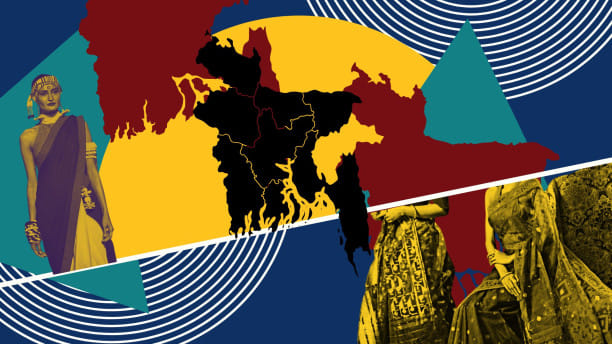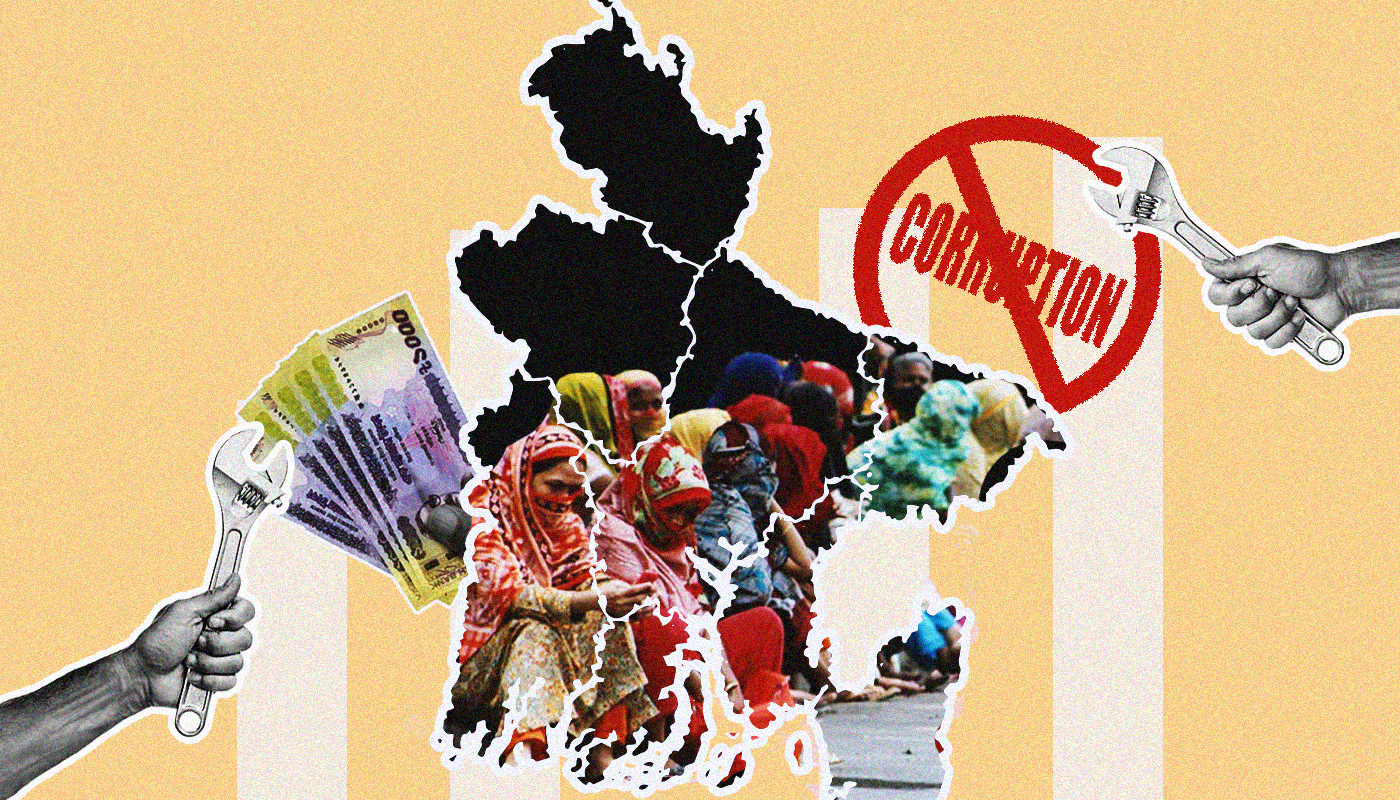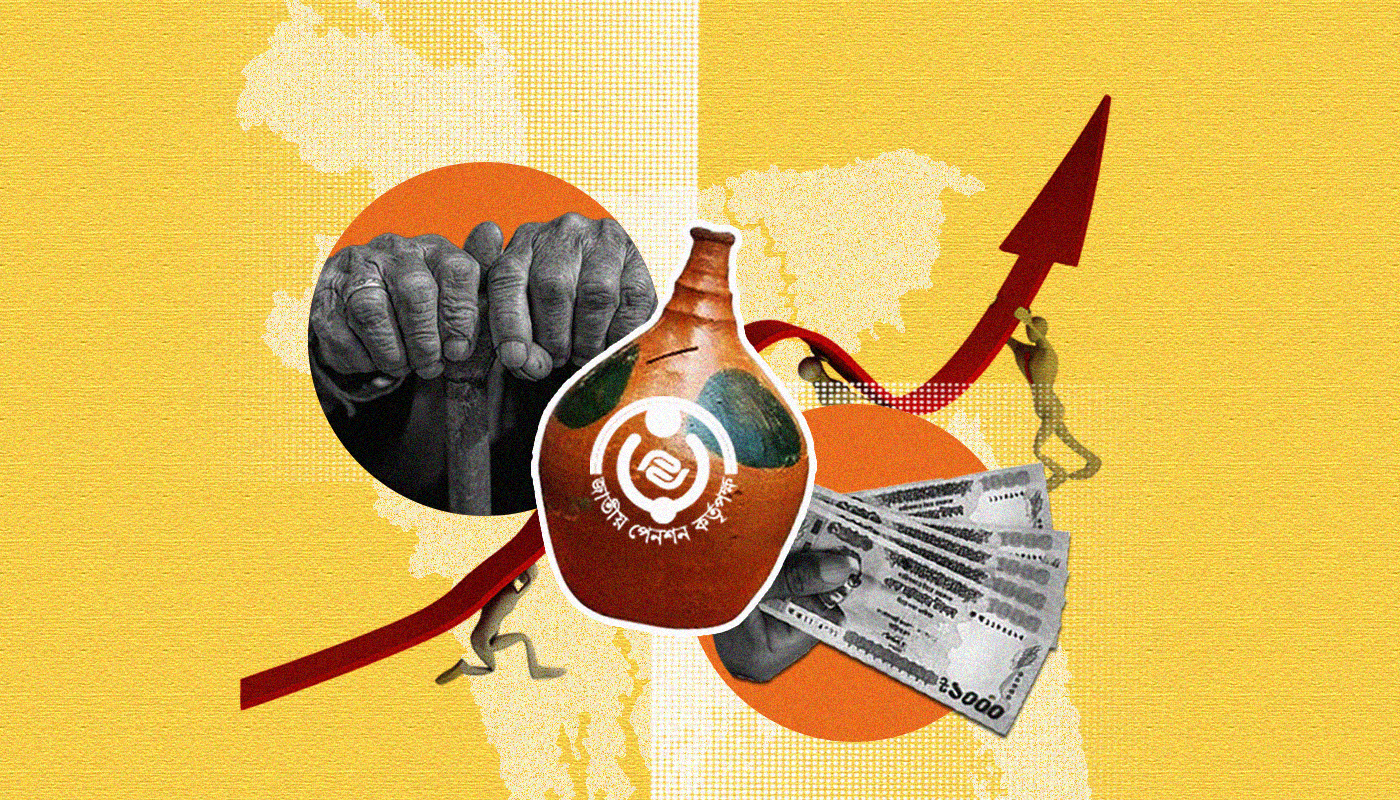We need to globalise 'Brand Bangladesh'

Bangladesh is at the forefront in many fields, including the ready-made garment, pharmaceuticals, footwear, IT sectors, etc. Despite these achievements, Bangladesh is a preferred supplier to big global brands, for the perceived notion that it is a hub for cheap manpower and products. It is largely because of this perception that international customers believe Bangladesh lacks the proficiency to produce high-quality fabrics and garments, and that Bangladeshi manufacturers or entrepreneurs are unable to innovate. Various campaigns have been conducted by both government and private initiatives to remove this perception about the industries. However, they were not very effective.
To create our brand appeal to buyers and consumers alike, we need a long-term, multi-pronged approach. You can see the success that countries like South Korea and India have experienced in their own economies, by pushing their cultural agenda globally, with phenomena like K-Pop and Bollywood. This has created avenues for companies like Samsung, LG, Tata, and Reliance to succeed in the international arena.
Bangladesh must first contend with the lack of information that exists out there about our country—the general western individual is unlikely still to be able to identify Bangladesh or where and what it is. To do this, we need visionary government programs to export and promote our culture, heritage, and products.
In order to succeed not just with the "Made in Bangladesh" tagline, but also with Brand Bangladesh, we need a 25-to-50-year strategy on exporting our culture and revamping our image as an Asian Tiger, so that the world starts to identify us a force to be reckoned with.
One can look at Uniqlo, a Japanese brand that is one of the biggest retailers in the world. Their Japanese values of minimalism, efficiency, and clean lines is apparent in every aspect of the brand, from their logo design, to visual merchandising, and their ad visuals. However, their products are geared for the Western market. In order to appeal to a global market, one can infuse their values in innovating fabrics, brand identity, and showroom design, while creating products that appeal to the average global consumer.
Brands like Sabyasachi and Anita Dongre are other great examples. They have a strong Indian identity in their crafted designs and they have been able to build that very well in their domestic market. They have built such a strong identity that their appeal has global reach. This is exemplified by their store openings in prominent high street locations in New York City.
Bangladesh's textile and clothing industry is a significant contributor to the country's economy, but it faces various challenges and opportunities, particularly in the current global economic climate. Challenges include competition from global brands, the cost of production, supply chain disruptions, compliance and sustainability, and technological advancements. On the other hand, we have vast opportunities such as a growing domestic market, diversification of product range, e-commerce and digitalisation, partnerships and collaborations, and investment in sustainability.
Overall, while local brands in Bangladesh's textile and clothing industry face numerous challenges, there are also significant opportunities for growth and innovation, particularly through strategic investments in technology, sustainability, and market diversification.
Unscrupulous traders illegally import goods from abroad, many of which are counterfeit, creating unequal competition for local brands. Foreign goods enter the Bangladesh market with due process by paying duties and taxes, but they generally cannot affect the business of local brands. However, some domestic companies producing products for international brands sell a part of their products in the local market. This unequal situation is not at all conducive to the development of local brands. Regulatory bodies must come forward to create a healthy, competitive environment.
E-commerce in Bangladesh is relatively new and is becoming popular and successful to some extent in the food delivery business. However, apparel brands do not dispense through e-commerce in general. Selling apparel products through e-commerce can be challenging because of the variety of sizes and needs. What is required is a seamless, omni-channel approach that easily conveys the brand identity and the shopping experience between brick and mortar stores and e-tail.
The government and manufacturers need to portray to the world that Bangladesh is a place where they can order quality products, which can be achieved through campaigns to elevate the status of our country and production culture in the minds of our international customers. Additionally, aspiring entrepreneurs looking to start their own local brands in Bangladesh should have a future-proof plan and a vested interest in promoting our country, while ensuring its global reputation through our business practices. What should drive us is not self-interest, but the opportunities to give back to our country.
Professor Mohammad A Momen is the former director of IBA, Dhaka University and a founder of Pride Group, Bangladesh.
Views expressed in this article are the author's own.
Follow The Daily Star Opinion on Facebook for the latest opinions, commentaries and analyses by experts and professionals. To contribute your article or letter to The Daily Star Opinion, see our guidelines for submission.



 For all latest news, follow The Daily Star's Google News channel.
For all latest news, follow The Daily Star's Google News channel. 


Comments